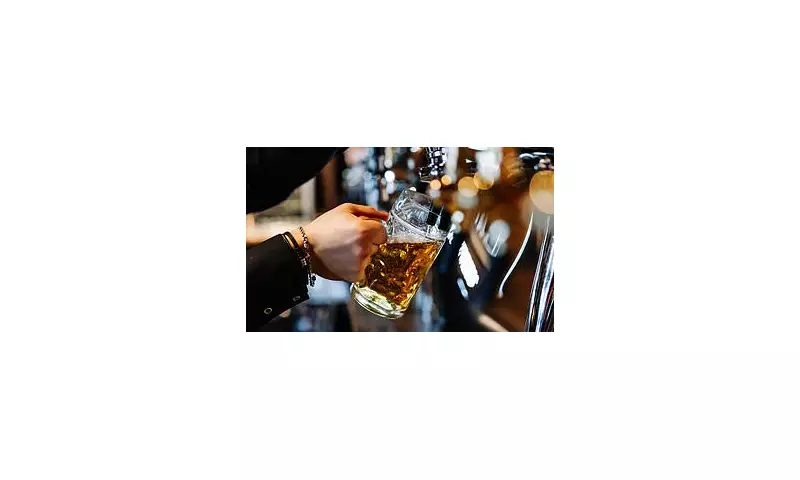
That familiar sinking feeling of regret and anxiety that washes over you the morning after drinking has finally been given a scientific explanation - and it's more than just a guilty conscience. Experts are calling this potent phenomenon 'hangxiety,' and it's affecting drinkers across the UK.
The Science Behind the Sunday Scaries
According to leading psychologists and addiction specialists, hangxiety isn't just in your head - it's a genuine physiological response to alcohol's impact on your brain chemistry. When you drink, alcohol initially boosts levels of GABA, a neurotransmitter that creates feelings of relaxation and calm. However, as your body processes the alcohol, it rebounds dramatically in the opposite direction.
Why Your Brain Betrays You
"What people experience as hangxiety is essentially a neurochemical hangover," explains Dr. Alistair Clarke, a consultant psychiatrist specialising in addiction. "Alcohol depletes GABA and increases glutamate, which is an excitatory neurotransmitter. This creates a perfect storm of physical anxiety symptoms coupled with racing thoughts and regret."
The Memory Effect
Many sufferers report that their anxiety seems disproportionately focused on social interactions from the previous night. This isn't coincidence - alcohol affects the hippocampus, the part of your brain responsible for forming new memories. When memories are fragmented, your mind tends to fill in the gaps, often with worst-case scenarios.
Who's Most at Risk?
Research indicates that some individuals are more susceptible to hangxiety than others:
- People with naturally higher levels of social anxiety
- Those who tend toward perfectionism
- Individuals with family histories of anxiety disorders
- People who drink quickly or on an empty stomach
Combatting the Morning-After Blues
Fortunately, experts suggest several strategies to manage hangxiety symptoms:
- Hydrate strategically: Alternate alcoholic drinks with water throughout the evening
- Eat properly: Never drink on an empty stomach
- Practice mindfulness: Gentle breathing exercises can calm nervous system responses
- Wait it out: Remember that the feeling is temporary and chemically-induced
- Consider your patterns: If hangxiety occurs regularly, it might be time to reassess your relationship with alcohol
As awareness of this condition grows, more people are recognising that their post-drinking anxiety isn't a personal failing but a documented physiological response. Understanding the science behind hangxiety might just make those morning-after regrets a little easier to bear.





